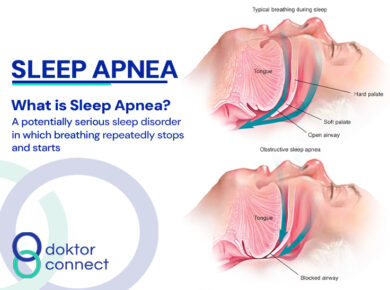An average person will not use their antibiotics as prescribed as they believe they already feel better why continue it right?
Yes, I am judging you (Lol).
Antibiotics Misuse/Abuse is increasing in our world today. Health care providers have seen unfortunate complications of inappropriate antibiotic use. Hence, given when appropriate. Doctors do not treat viral infections with antibiotics as the medication will not help and has a potential for significant harm. While it is easy to look for a quick and easy cure when ill, more often than not, antibiotics are not the answer. They should only be used when prescribed by a doctor and must be taken as prescribed.
Doctors use clinical history, examination, and laboratory tests to distinguish between viral and bacterial infections. Clinicians may use cultures from the throat, sputum, urine, blood, or wound to identify the bacteria along with its antibiotic sensitivity. This information helps the clinician choose an antibiotic that will be effective.
Antibiotics typically are effective against bacteria but not against viruses. Therefore, antibiotics do not help in viral illnesses like flu and colds. Antibiotic resistance is rising to dangerously high levels in all parts of the world.
New resistance mechanisms are emerging and spreading globally, threatening our ability to treat common infectious diseases. Infections like pneumonia, tuberculosis, blood poisoning, gonorrhea, and foodborne illnesses are becoming harder and sometimes impossible to treat as antibiotics become less effective.
Complications of antibiotics:
Allergic reactions: An allergic reaction can happen at any time, even if you have safely used the antibiotic in the past. Prior use does not guarantee that a person will not develop an allergic response. Most allergic reactions to antibiotics are relatively minor skin reactions. However, occasionally life-threatening allergic reactions occur, like swelling of the throat and difficulty breathing.
Impact on body balance: Antibiotics cannot distinguish between normal body bacteria and disease-causing bacteria. The result is often a disturbance in the natural balance of organisms, which may lead to severe diarrhea or, more commonly, yeast vaginitis in women. Other complications may arise from the side effects of certain antibiotics, such as severe gastrointestinal upset, sun sensitivity, and interactions with other medications.
Bacterial resistance: Most people mistakenly believe that people can “get used to” an antibiotic. But, this is not the case, but bacteria can develop resistance to an antibiotic. The more you use antibiotics, the more resistance is likely. Some bacteria are resistant to all known antibiotics. Antibiotic resistance has become a major concern in developing countries where antibiotics are available without a prescription. In countries where antibiotic use is limited, bacteria have become more sensitive to antibiotics.
How to prevent and control the spread of antibiotic resistance
1. Antibiotics should only be prescribed by a certified health professional.
2. Do not insist on antibiotic treatment if your health worker says you don’t need them.
3. Always follow your health worker’s advice when using antibiotics.
4. Never share or use leftover antibiotics.
5. Prepare food hygienically, following the WHO Five Keys to Safer Food.
6. Choose foods that are free of antibiotics.
7. Complete your Antibiotics dosage as prescribed
What Impact will Antibiotics misuse have:
When antibiotics are misused,first-line antibiotics may not work, resulting in more expensive medicines used leading to a longer duration of illness and treatment. Which Often leads to increased health care costs and the economic burden on families and societies.
Antibiotic resistance is putting the achievements of modern medicine at risk. Organ transplantations, chemotherapy, and surgeries such as cesarean sections become much more dangerous without effective antibiotics to prevent and treat infections.
Consult your clinician or pharmacist if you are unsure about such interactions. Alert your clinician or pharmacist to any new medical conditions during your antibiotic therapy.





